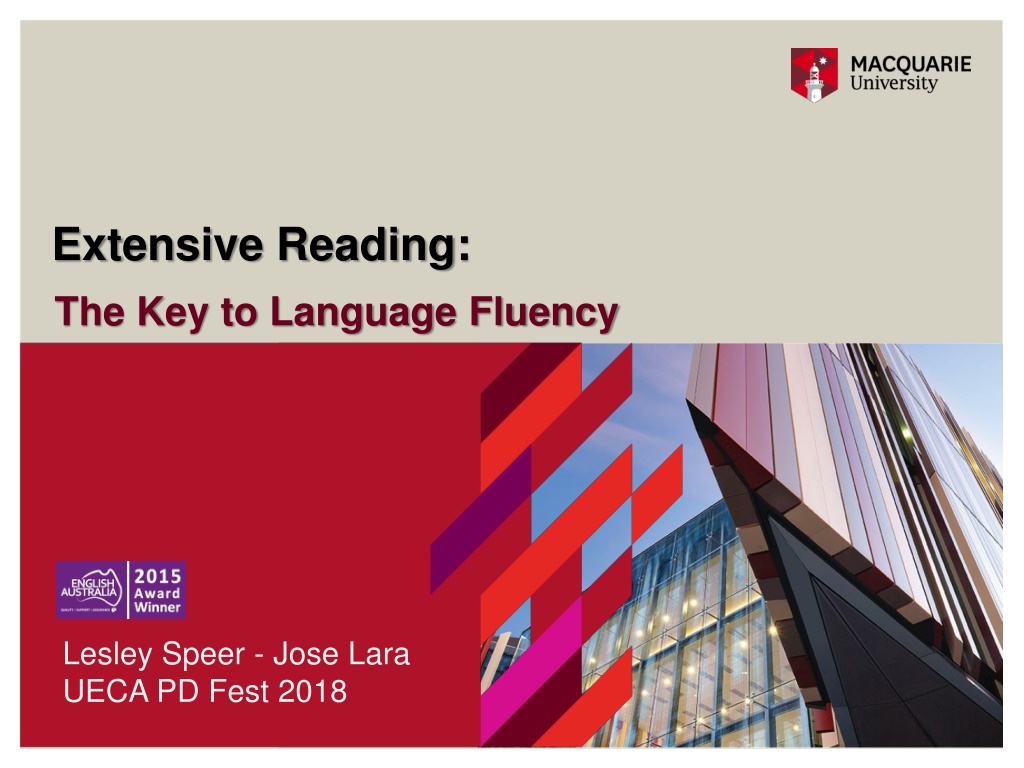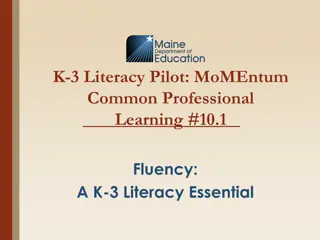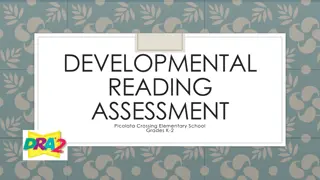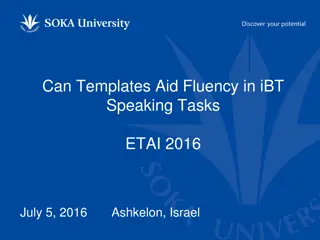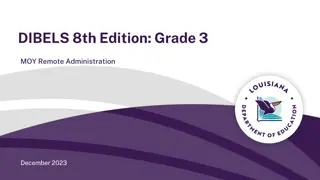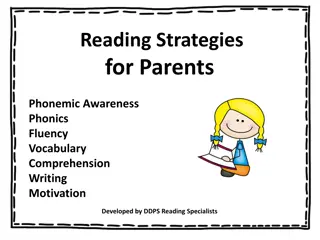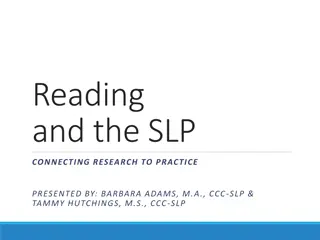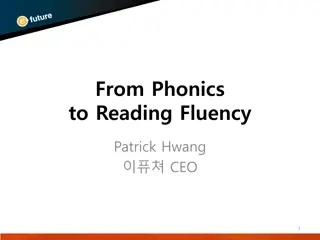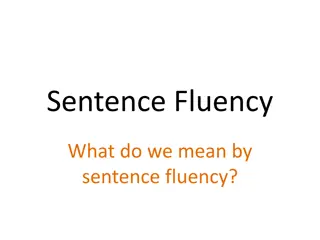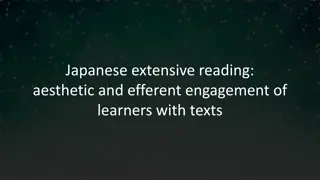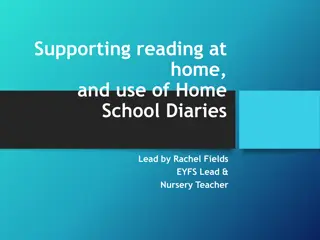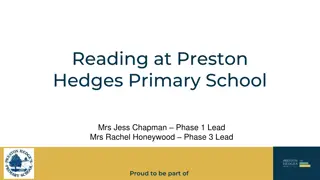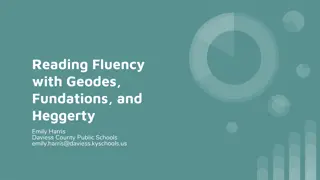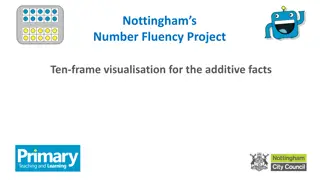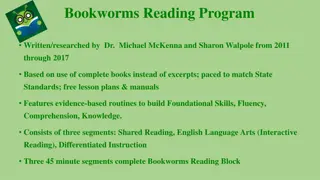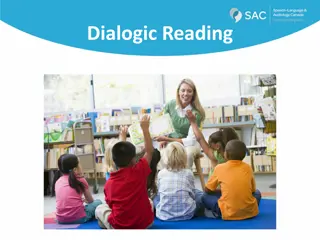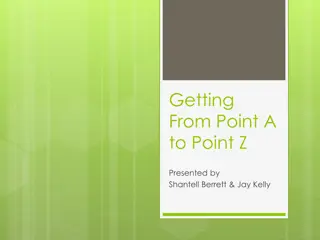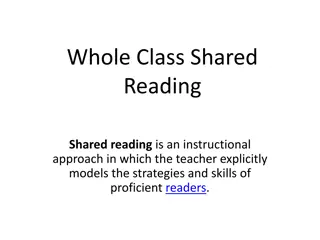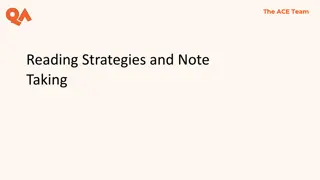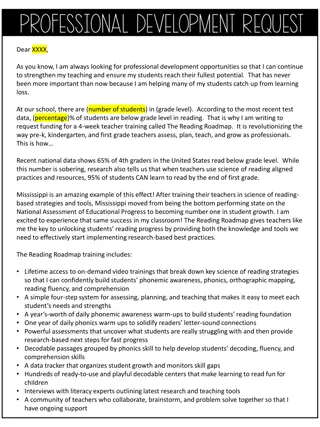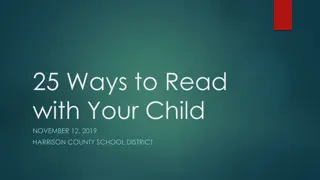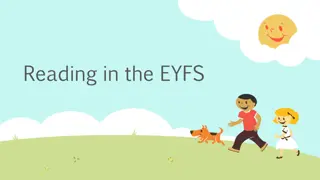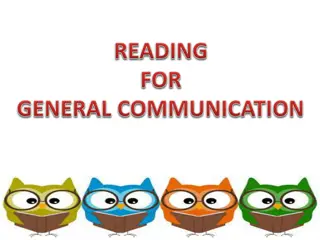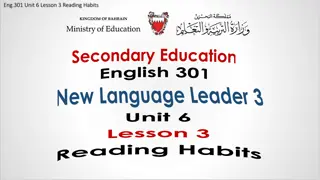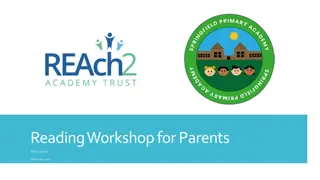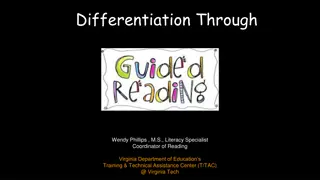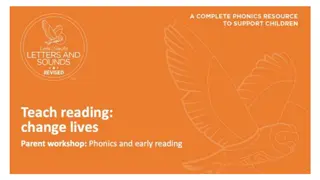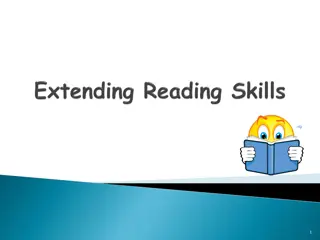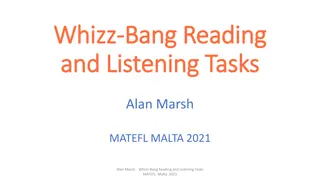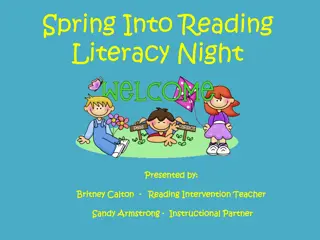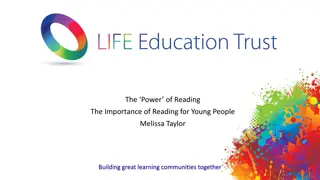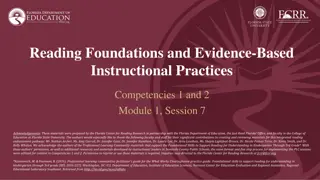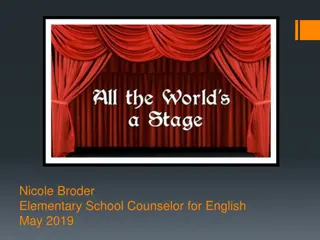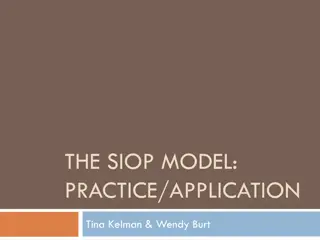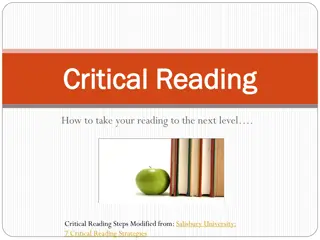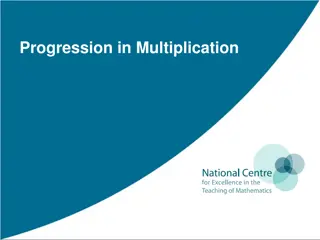Exploring the Importance of Extensive Reading for Language Fluency
Extensive reading plays a crucial role in language fluency development. It involves reading easy and enjoyable material at a faster pace, allowing learners to choose what they want to read. By following ten principles and a four-strands approach, extensive reading helps improve four essential language skills: reading, listening, speaking, and writing. With a focus on meaning rather than accuracy, learners can enhance their fluency and comprehension. The benefits of extensive reading are evident in the increased word families learners acquire, leading to improved overall language proficiency.
Download Presentation

Please find below an Image/Link to download the presentation.
The content on the website is provided AS IS for your information and personal use only. It may not be sold, licensed, or shared on other websites without obtaining consent from the author. Download presentation by click this link. If you encounter any issues during the download, it is possible that the publisher has removed the file from their server.
E N D
Presentation Transcript
Extensive Reading: The Key to Language Fluency Lesley Speer - Jose Lara UECA PD Fest 2018
Reading Intensive vs Extensive Intensive Extensive Control Teacher directed Student directed Purpose Accuracy / Comprehension Fluency / Enjoyment Focus Words/Grammar Meaning Amount Not much A lot Level Often challenging Should be comfortable MACQUARIE UNIVERSITY ENGLISH LANGUAGE CENTRE 2 2
Extensive Reading Ten Principles 1. Reading material is easy. 6. Reading is its own reward. 2. A variety of reading material on a wide range of topics must be available. 7. Reading speed is usually faster rather than slower. 8. Reading is individual and silent. 3. Learners choose what they want to read. 9. Teachers orient and guide students. 4. Learners read as much as possible. 10. The teacher is a role model of a reader. 5. Purpose is related to pleasure, information and general understanding (Day & Bamford, 2002) MACQUARIE UNIVERSITY ENGLISH LANGUAGE CENTRE 3 3
Extensive Reading Why do we need it? Extensive reading is essential for reading fluency development (Macalister, 2018) Learners need 8000 word families in order to read fluently. (Waring, 2018) MACQUARIE UNIVERSITY ENGLISH LANGUAGE CENTRE 4
Extensive Reading Four Strands Approach Four Skills Reading Listening Speaking Writing MACQUARIE UNIVERSITY ENGLISH LANGUAGE CENTRE
Extensive Reading Four Strands Approach Four Skills Four Strands Meaning focused output Meaning focused input Reading Listening Fluency development Language focused learning Speaking Writing (Macalister, 2018) MACQUARIE UNIVERSITY ENGLISH LANGUAGE CENTRE
Extensive Reading Reading without meaning The Snolls The grifty snolls cloppered raucingly along the unchoffed trake. They were klary, so they higgled on sperately. "Ah, chiwar kervay," they squopped rehoply. "Mi psar Quaj!". "Quaj!" snilled one, and flitted even jucklier. Answer the questions below 1. Where did the snolls clopper? 2. What was the trake like? 3. Why did they higgle on? 4. How did they squop? Along the trake. Unchoffed. They were klary. Rehoply. (Waring, 2018) MACQUARIE UNIVERSITY ENGLISH LANGUAGE CENTRE
Extensive Reading Vocabulary acquisition Intermediate students will need 2000 word families Advanced learners will need 4000-6000 word families To read materials written for English speakers (L1), 8000-9000 word families are needed (Waring, 2018) MACQUARIE UNIVERSITY ENGLISH LANGUAGE CENTRE
Extensive Reading Vocabulary acquisition V n adj adv beautify beauty beautiful beautifully work worker workable - - - effective effectively affect effect - - effect employ employer employable - employee employment unemployment eat eater/eatery unemploy edible/inedible - MACQUARIE UNIVERSITY ENGLISH LANGUAGE CENTRE
Extensive Reading Vocabulary acquisition There are around 1500 common idioms There are around 1200 common phrasal verbs get across get along get around get at get away get on get out of get over get down get down to There are hundreds of formulaic phrases/expression Oh, my God! Oh, gosh! My goodness! Goodness me! (Waring, 2018) MACQUARIE UNIVERSITY ENGLISH LANGUAGE CENTRE
Extensive Reading Extensive reading constitutes meaning focused input and it is the best way to expose students to sufficient vocabulary to develop language fluency . MACQUARIE UNIVERSITY ENGLISH LANGUAGE CENTRE
Extensive Reading Book Club Cafe Week 1-5 Week 1 Week 1-5 Book Club Caf (20-30min class time) Reading Set-up Students Read outside class time Students Share information (groups of 3-4) Introduce: Book Club Caf Choose their own texts Websites for reading Enjoy a relaxed and fun atmosphere Record information to share Reading logs See immediate benefits of reading Importance of reading MACQUARIE UNIVERSITY ENGLISH LANGUAGE CENTRE
Extensive Reading Considerations Resources: Graded readers, websites, (ER central, Texthelper, Newsinlevels, WeSpeke, etc.), apps Budget/cost Time Follow up (essential) Motivation Sustainability Routine for students (place + time) MACQUARIE UNIVERSITY ENGLISH LANGUAGE CENTRE
Extensive Reading Foundation (in Australia) jose.lara@mq.edu.au lesley.speer@mq.edu.au Thank you
